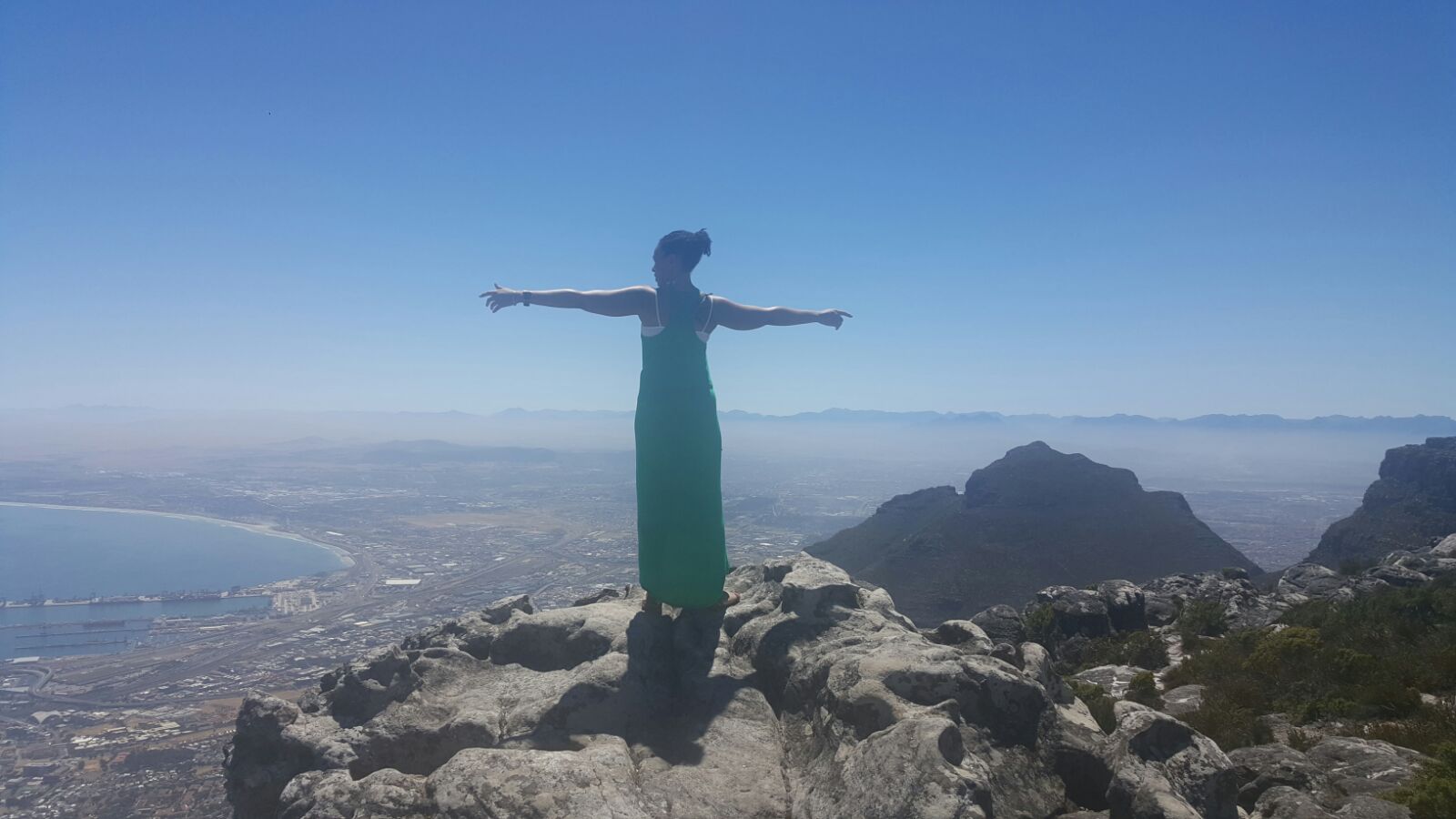
Over the past year, one of the first questions I’m often asked after people learn I’m from the States, is about our last presidential election. I traveled with friends to Thailand last fall and while on an excursion, the tour guide referred to us as the Obama group the entire time. Now with Trump in office, people often ask what I think about him. More specifically, “how did you all let that happen?” Abroad people seem more aware of American politics than Americans are of global politics. I have not been here long enough to weigh in with an educated opinion about the upcoming Kenyan re-elections. However, I did want to take the opportunity to share what I have learned thus far in case you would like to follow along.
The Republic of Kenya gained her independence from colonial British rule in 1963. They adopted a democratic system that elects presidents to five-year terms. Evidence of the country’s deep respect of the first president, Jomo Kenyatta, permeates most of the country, gracing street names (Kenyatta Avenue in Downtown Nairobi), university names (Jomo Kenyatta University of Technology and Agriculture), airport names (Jomo Kenyatta International Airport), just to name a few. His vision for Kenya included the east African tradition of Harambee (let’s all pull together).
The current president, Uhuru Kenyatta, is the son of the first president, Jomo Kenyatta and Mama Ngina Kenyatta. He is a member of the Jubilee Party of Kenya. The major opposition party candidate, Raila Odinga, is the son of the first Vice President of Kenya and is endorsed by the National Super Alliance (NASA) coalition for the 2017 election. Both men have been very active in politics throughout their careers and are credited with shaping the current democratic landscape of the country.
As I prepared for this time in Kenya, I was blessed to meet a few people who helped in my preparation and expectation setting for my time here. One of those individuals, a fellow locum physician who I met in Danville, PA, is from Kenya and visits her family here often. She informed me of the upcoming presidential election scheduled for August and passed along local information surrounding the campaigns that did not always make it to the international media outlets. As I was scheduled to start in late September, I anticipated my arrival would be after all campaign fervor. As luck would have it, for the first time in African history, the past presidential election has been overturned by the Supreme Court due to suspicion of voter/ballot tampering. The election will be held again, this week, on October 26th.
On my arrival, I noticed the media coverage focused on the tensions between the two major parties and speculations as to which one will win out the second time. In a recent turn of events, the opposition party has withdrawn from the race. As of now, all candidates have been invited to participate on the next ballot. The Independent Electoral and Boundaries Commission (IEBC) has a challenging, dynamic and contentious responsibility of presiding over a fair and just repeat election. In the past week, one IBEC commissioner has resigned and the CEO has taken leave. Each night the news features video clips of marches and rallies both for the presidential candidates and against the IEBC. The country encourages her citizens to be peaceful regardless of the results, but will prepare for unrest given the precedent set in 2007 when the country suffered from violence between the parties following the highly contested presidential election.
I feel safe in Mutomo. Located in Kitui County, it is sheltered from much of the political turmoil seen in larger cities like Mombasa and Nairobi. Though not likely a site for protest or demonstrations, the people here are engaged in the process and we have discussed the topic often. I encourage you to look it up for yourselves, as the landscape is changing so rapidly, this conversation may be completely different in the days and weeks to come. I hope that whether here in Kenya, or at home in the US, that we can learn to embody the spirit of Harambee and work collectively to improve the human experience for all of the world’s citizens.
http://www.nation.co.ke/news/politics/1064-1064-4f88toz/index.html










































































